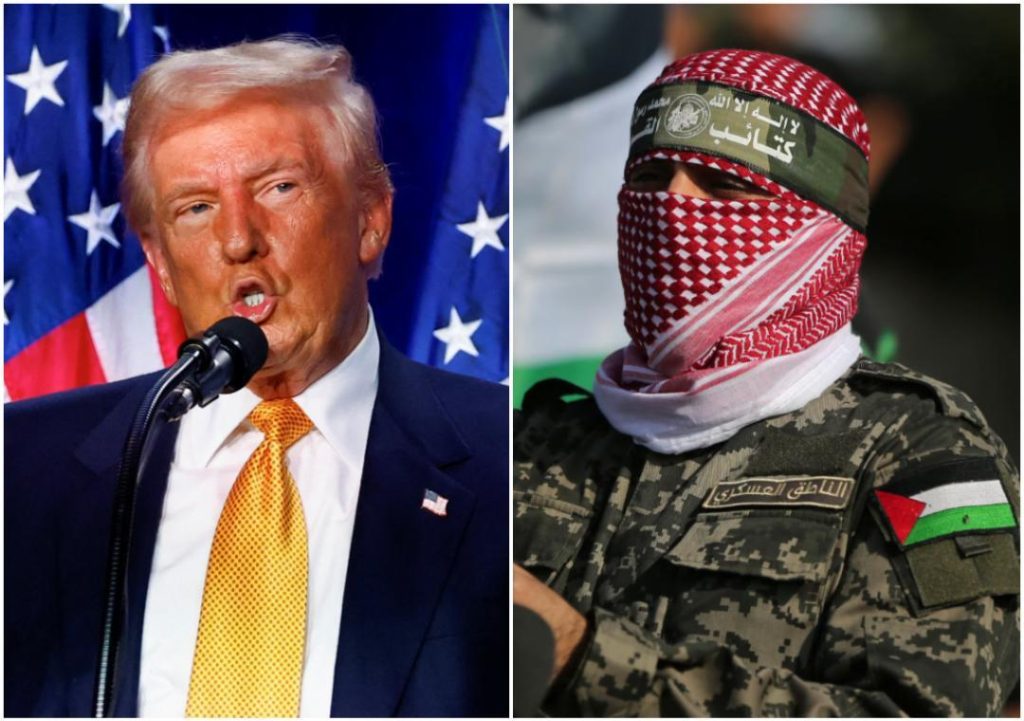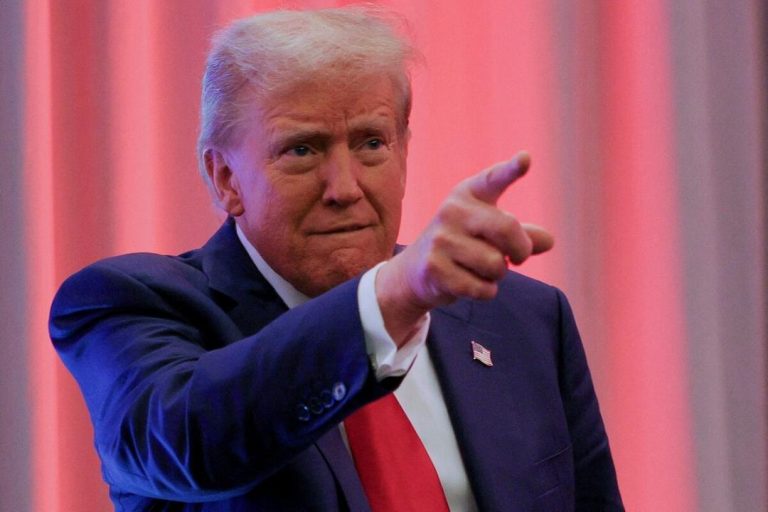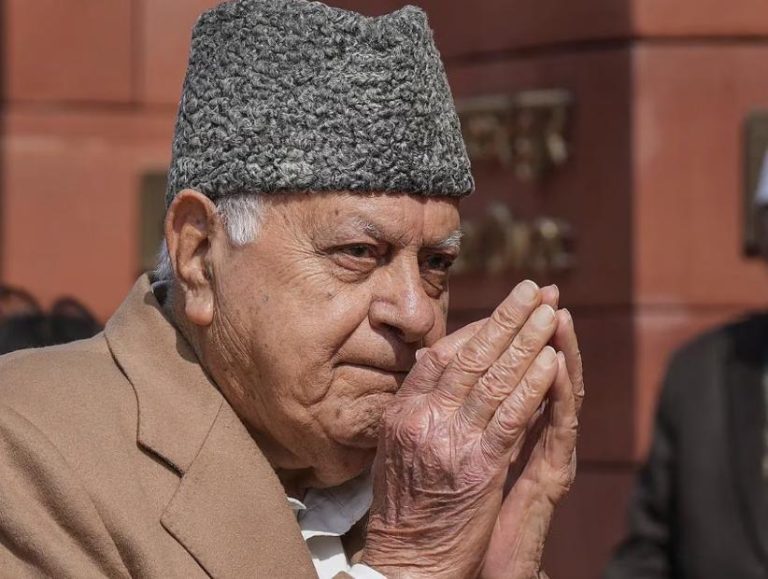
Hamas Rejects Trump’s Threat to Release Israeli Hostages by Saturday
The ongoing saga of the Israeli hostages held by Hamas in Gaza has taken a new turn, with the Palestinian organization rejecting US President Donald Trump’s threat to unleash chaos if they don’t release the remaining hostages by Saturday. In a statement, Hamas spokesperson Sami Abu Zuhri warned that Trump must respect the agreement between the two parties and not try to dictate the terms of the release.
As reported by the Hindustan Times, Trump had made the warning on Monday, stating that “all hell” would break out if Hamas fails to release the hostages by Saturday. However, Hamas remains defiant, insisting that it will not be bullied into releasing the hostages without a ceasefire and a guarantee of Israel’s commitment to lifting its blockade on Gaza.
The standoff began in June when Hamas captured two Israeli citizens, Avera Mengistu and Hisham al-Sayed, who had entered Gaza to volunteer with a Palestinian organization. Since then, Hamas has released a total of 23 Israeli hostages, but has held on to the remaining three, citing Israel’s refusal to negotiate a ceasefire and lift its blockade on Gaza.
In response to Trump’s threat, Abu Zuhri stated that “Trump must remember there is an agreement that must be respected by both parties.” He added that Hamas is willing to continue talks with Israel, but only if the Israeli government is willing to make concessions.
Hamas’s stance is not surprising, given its long-standing demands for a ceasefire and the lifting of Israel’s blockade on Gaza. The blockade, which has been in place since 2007, has had a devastating impact on the Gaza Strip, causing widespread poverty, unemployment, and humanitarian crises.
Israel has consistently refused to lift the blockade, citing concerns about the smuggling of weapons and the threat from Hamas. However, Hamas has repeatedly denied these claims, stating that the blockade is a form of collective punishment against the people of Gaza.
The impasse has led to a stalemate in talks between Israel and Hamas, with both sides refusing to budge. Meanwhile, the international community has called for a ceasefire and a resolution to the crisis, with the United Nations, the European Union, and the Arab League all urging Israel and Hamas to engage in meaningful negotiations.
In recent days, there have been signs of a possible breakthrough, with reports emerging that Israel and Hamas have been engaged in secret talks to negotiate a deal. However, these reports have been denied by both sides, and it remains unclear whether a deal can be reached.
In the meantime, the standoff continues, with the fate of the three remaining Israeli hostages hanging in the balance. The crisis has raised concerns about the potential for further violence and instability in the region, and has highlighted the need for a peaceful resolution to the conflict.
As the world waits to see what will happen next, one thing is clear: the situation is complex and fraught with risks. Any attempt to force a resolution through coercion or threats will only lead to further destabilization and violence. Instead, both sides must come together to find a peaceful and sustainable solution that respects the rights and dignity of all parties involved.
Source:






